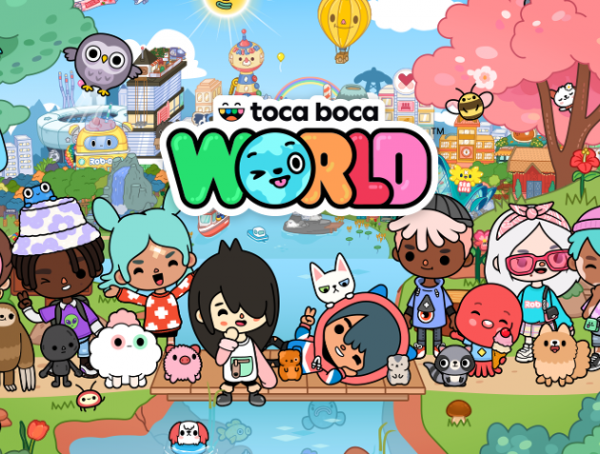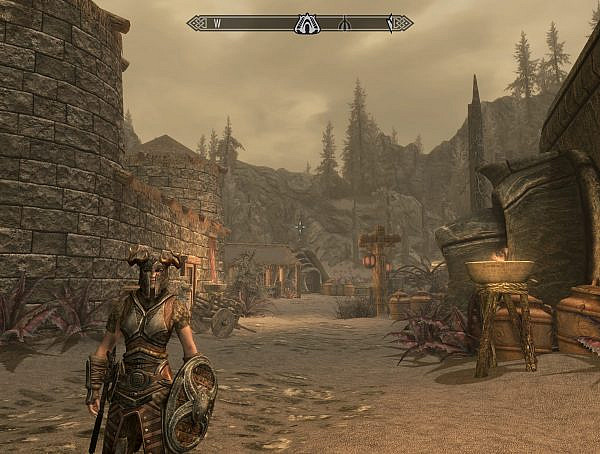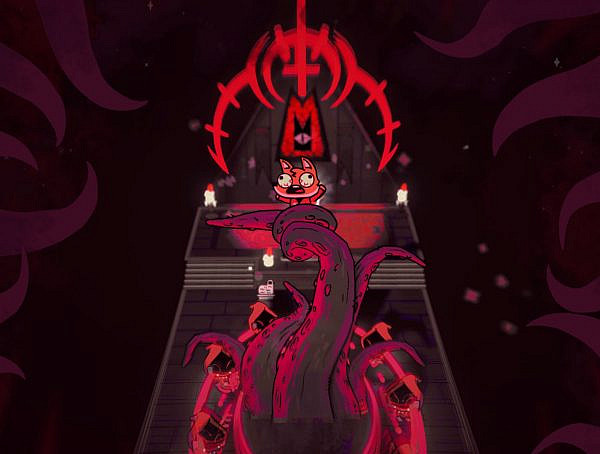It’s no surprise to many that games are more than just a source of entertainment. They can be a source of comfort and can help us feel better when life gets difficult. Games can help us socialise and connect with our peers and in some cases, they can even help us understand ourselves better and enable us to explore parts of ourselves yet to be seen. Games have been gaining recognition for their potential application in mental health treatments. Recent academic research has focused on the application of games as therapeutic tools or towards the treatment of various mental disorders. Role-playing games (RPGs) in particular show promise in this context, owing to their higher level of immersion compared to other game genres. In the case of popular games like Dungeons & Dragons (D&D), they can also help provide important social connections with one another.
Despite growing scholarly interest, the potential of RPGs to be utilised as therapeutic tools remain underexplored by many practitioners. In 2022, Daniel Luccas Arenas, Anna Viduani, and Renata Brasil Araujo from the Universidad Federal de Río Grande del Sur in Porto Alegre, Brazil, conducted a scoping review to fill this gap in the literature. Their review aimed to assess the academic landscape in respect of the use of RPGs as therapeutic tools or preventive strategies in psychotherapy practices. The review looked at RPGs have been employed in mental health interventions. Moreover, Luccas et al sought to: 1) catalogue the types of RPGs being used; 2) detail the types of interventions and processes RPGS are used in; and, most importantly, 3) evaluate the outcomes reported in the chosen studies. The review posed the central question, “What evidence is available on the therapeutic or preventive applications of RPGs in mental health contexts, and what are their characteristics?” It focused on studies published between 1974 and 2020, and that were available in English, Portuguese, or Spanish. Consequently, there were numerous studies, published in languages other than the aforementioned, that were unfortunately excluded from the review because of this limitation.
The term RPG itself encompasses a wide array of different kinds of games, that can either in digital or physical format, or both – which begs the question of exactly what kind of RPGs did this review cover. Primarily, this literature review referred to studies which implemented tabletop RPG (TTRPG), live-action RPG (LARP), computer RPG (CRPG), and massively multiplayer online RPG (MMORPG). It found that he most popular RPGs being used for therapeutic practises were D&D and SPARX, a 2013 CPRG designed with the purpose of helping adolescents deal with depression, stress and anxiety. The next most popular RPGs utilised in these studies, according to the review, are TTRPGs such as like Monsterhearts, World of Darkness, and Call of Cthulhu. These TTRPGs lend themselves to being used in group therapy techniques, due to their cooperative nature, to enable problem-solving, socialisation and communication in play. Inversely, since CRPGs are single player, they were used more in solo therapies. This review also noted that MMORPGs, specifically, were used to explore the player’s relationship with their internal world and the socialisation present in the game as a therapeutic tool. Some of this research also touched on the addictive properties of MMORPGs, including how the reinforcement scheme with rewards, social interactions, and the exploration of identity and relationships through avatars, can be useful in therapeutic settings.
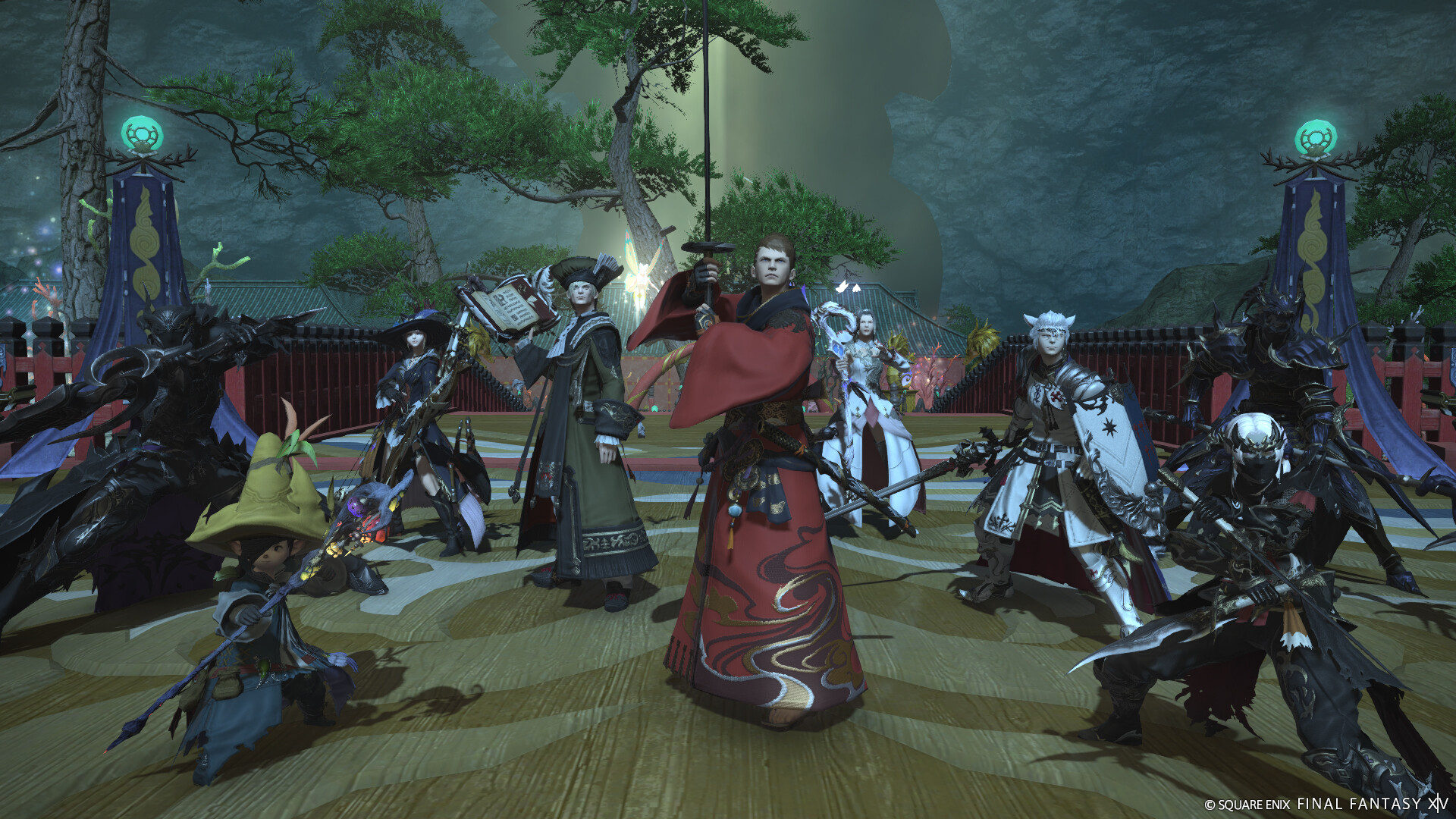
The studies in this review largely found that RPGs were being used as complementary tools, as opposed to primary tools, in therapeutic practices, particularly within cognitive behavioural therapy (CBT) approaches. Notably, around 70% of these studies targeted adolescents, and addressed common mental health issues associated with this age group such as depressive symptoms, substance abuse, and the effects of bullying. The findings were incredibly promising, with 90% of the studies reporting improvements in patients following RPG-based interventions. This strongly suggests that RPGs can enhance engagement and yield positive results when integrated into therapeutic settings.
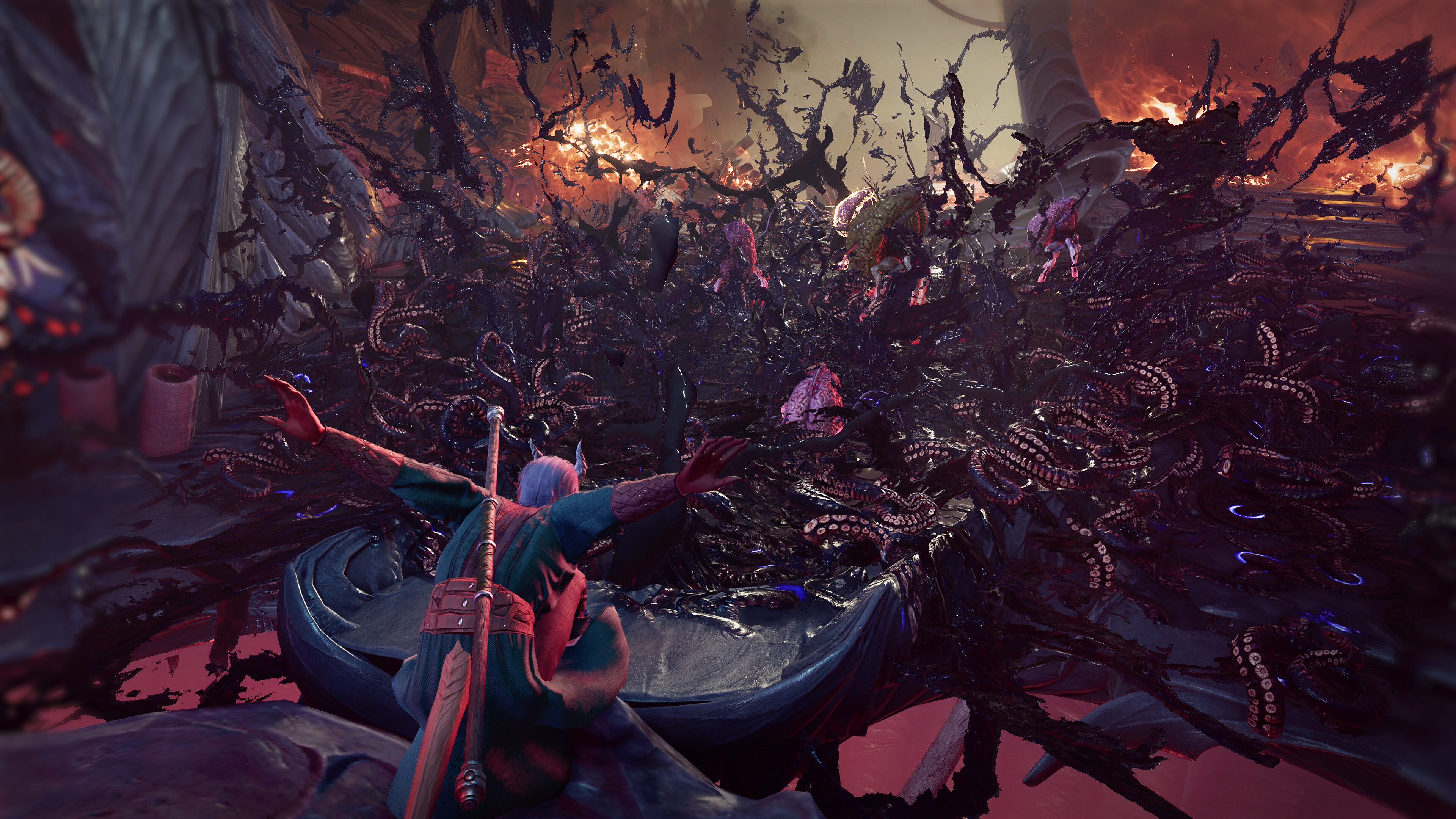
It’s always reassuring to see literature reviews like this yield such positive results when it comes to understanding the positive impact games can have on our mental health and wellbeing. This review underscored the potential role/use/function of RPGs as therapeutic tools. And whilst this review does call for additional research to be conducted in order to conclusively validate and further expand upon these initial results, it does pave the way for broader acceptance and use of RPGs in mental health practices.
Basic information:
Sources: Arenas, D. L., Viduani, A., & Araujo, R. B. (2022). Therapeutic Use of Role Playing Game (RPG) in Mental Health: A Scoping Review. Simulation & Gaming, 53(3), 285–311. https://doi.org/10.1177/10468781211073720
Photos:
Screenshots taken by the author and promotional pictures from Baldur’s Gate 3 (Larian Studios). https://store.steampowered.com/app/1086940/Baldurs_Gate_3/.
Promotional pictures from Final Fantasy XIV. https://store.steampowered.com/app/39210/FINAL_FANTASY_XIV_Online/
A lifelong gamer who still listens to pop punk music despite being in his thirties. Loves JRPGs and many multiplayer games, but he tends to get too competitive at Mario Party. Will also be overly critical of fishing minigames.
You might also like
More from Game Research Highlights
Eldritch horrors and tentacles – Defining what “Lovecraftian” is in games
H.P. Lovecrafts legacy lives today in the shared world of Cthulhu Mythos and its iconic monsters. Prema Arasu defines the …
Are Souls Games the Contemporary Myths?
Dom Ford’s Approaching FromSoftware’s Souls Games as Myth reveals the Souls series as a modern mythology where gods fall, desires …
Of claws and cuddles: Exploring Dark Cozy Games
Cute, wholesome, safe....dark, heavy, violent? Let's talk about dark cozy games!









